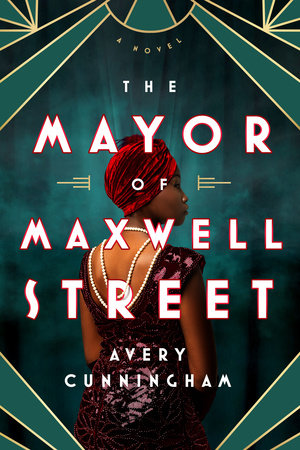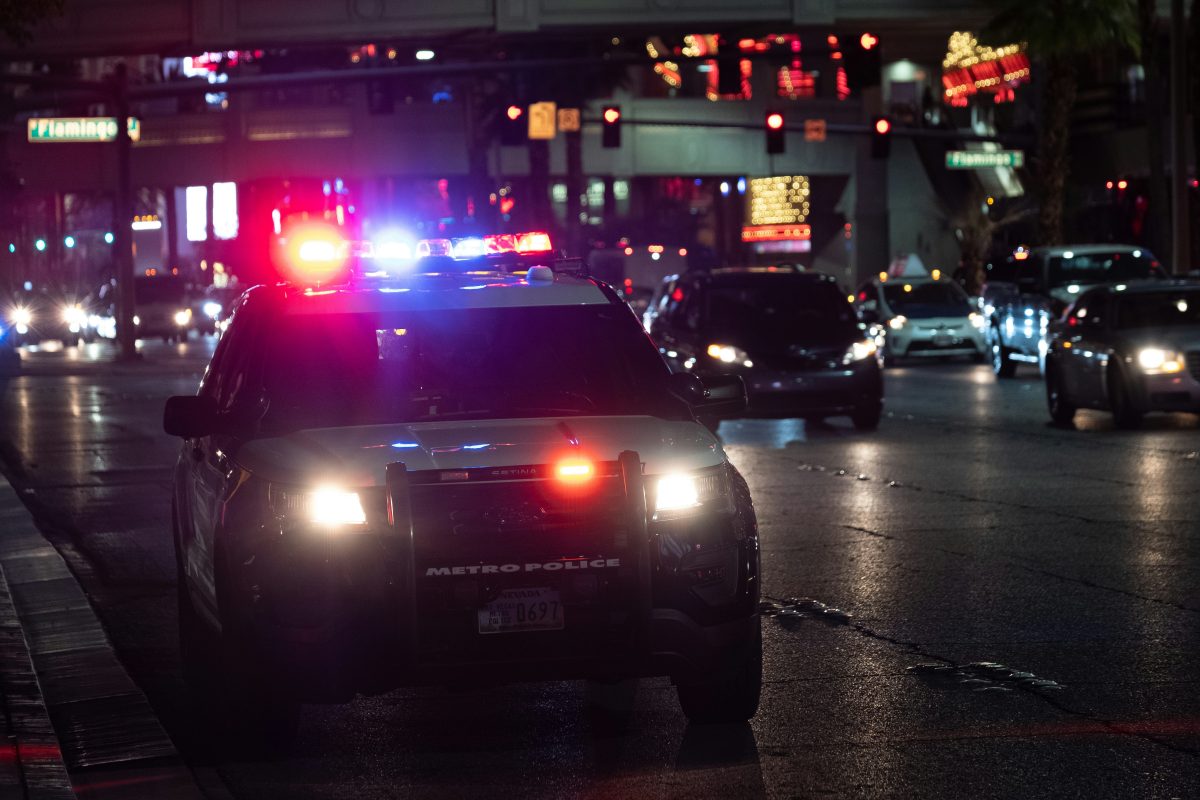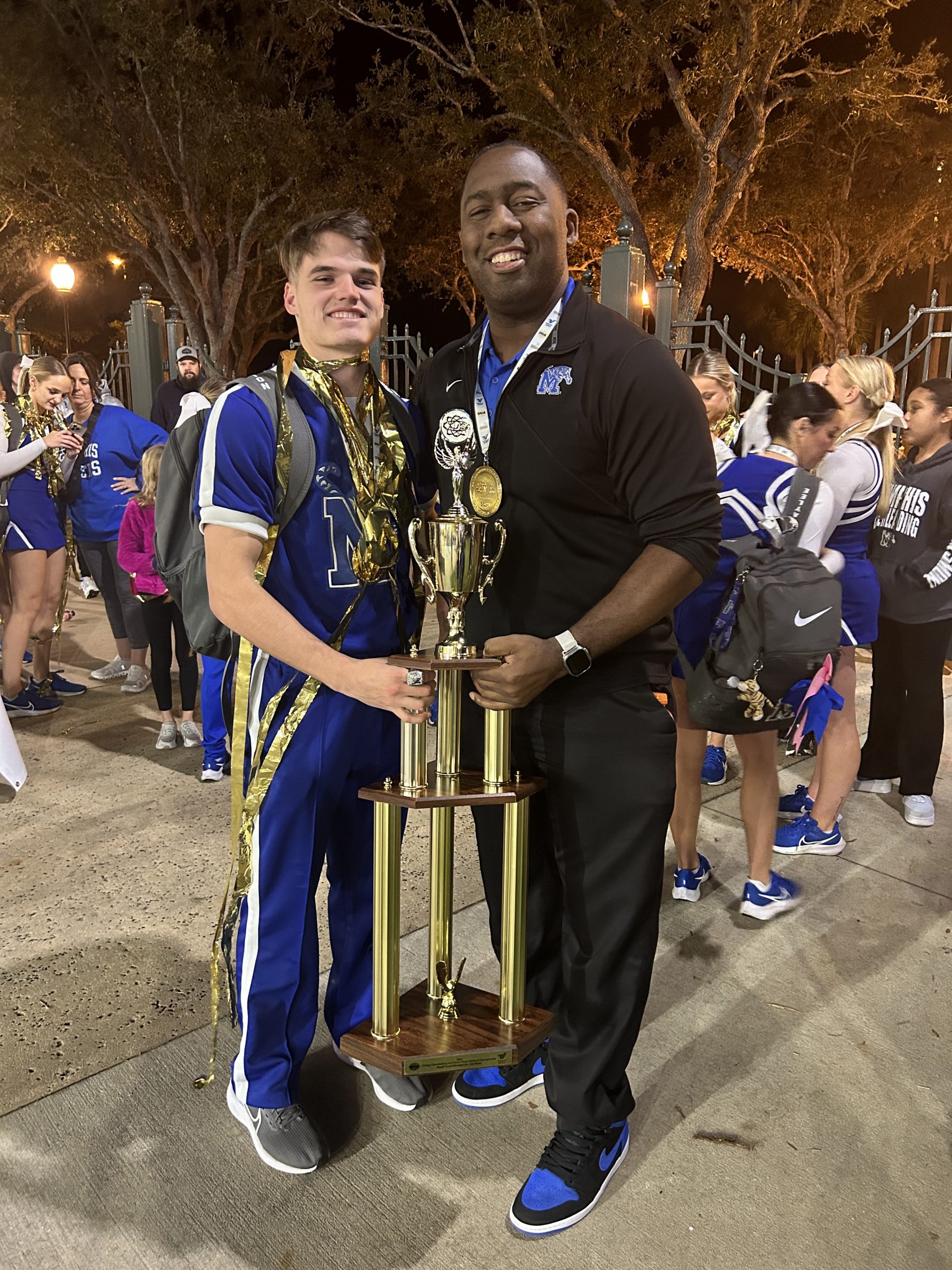When it comes to fun life experiences, planning for retirement may rank just a bit higher than a root canal. However, putting off your retirement planning strategy is only going to harm you in the future. If you’ve been dragging your feet on establishing your retirement plan, now’s the time to get started.
Following are five important retirement planning strategies for procrastinators.
1. Determine how much you’ll need to retire.
The first step toward getting serious about retirement planning is to determine how much you’ll need to live in retirement. One of the best ways to arrive at this number is by working with a qualified wealth advisor to establish a comprehensive financial plan that takes into account your current financial situation, goals for the future, and any challenges with the potential to stand in your way.
Your financial plan should provide insight into your expected retirement lifestyle expenses, your estate planning goals, your tax liabilities, your investment return potential, your retirement income sources, inflation, and more. Taken together, this information can help you determine how much you may need to save to achieve your desired retirement lifestyle.
2. Evaluate your current expenses.
Are your current expenses making it difficult to save for the future? If so, it may be time to cut back. Start by tracking your spending over the last year. What patterns do you see? Maybe you spend a large portion of your income on housing. If so, does it make sense to downsize? Perhaps you carry a lot of debt. Interest rates and fees can add up, so you may want to really focus on paying off your debt. Even cutting back on smaller expenses, such as regularly eating out, can free up money to add to your retirement savings.
3. Enhance your income.
If you’ve put off planning for retirement, you may need to continue working longer in order to save. Not only does working longer allow you to set aside additional retirement savings but remaining in the workforce can allow you to delay taking Social Security benefits, which leads to a higher monthly benefit amount once you retire.
4. Contribute to a retirement account.
If you’re eligible to participate in an employer-sponsored plan but haven’t yet contributed, sign up immediately! Qualified retirement plans, such as 401ks and 403bs, provide a tax-efficient way to save for retirement. Also, many employers match a portion of your contributions, which means if you’re not saving in your employer-sponsored plan, you could be walking away from free money.
Even if you’re eligible for an employer-sponsored plan, you may want to consider saving additional dollars in an individual retirement account (IRA). In 2024, you can set aside up to $7,000 in a traditional or Roth (if your income is below a certain amount) IRA. For married couples filing jointly, your spouse can also make contributions, even if they’re not working.
5. Take advantage of catch-up contributions.
If you’re over the age of 50, the IRS allows you to make an additional $1,000 contribution. These catch-up contributions are especially helpful for those who procrastinate when it comes to saving for retirement, so make every effort to max them out.
Gene Gard, CFA, CFP, CFT-I, is a Partner and Private Wealth Manager with Creative Planning. Creative Planning is one of the nation’s largest Registered Investment Advisory firms providing comprehensive wealth management services to ensure all elements of a client’s financial life are working together, including investments, taxes, estate planning, and risk management. For more information or to request a free, no-obligation consultation, visit CreativePlanning.com.















